Home>Health & Lifestyle>Air Quality & Filtration>How Long Do Water Filtration Systems Last
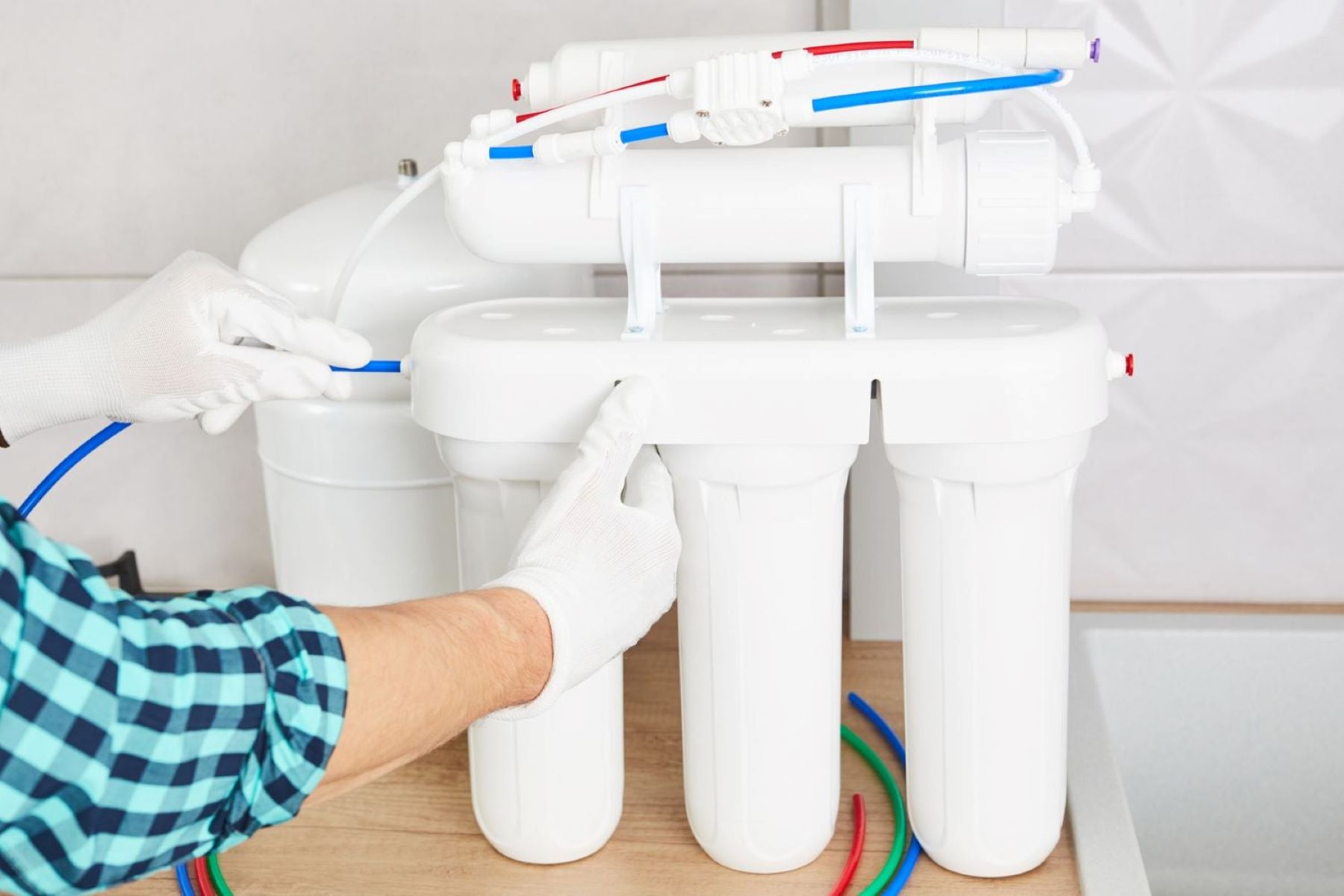

Air Quality & Filtration
How Long Do Water Filtration Systems Last
Modified: March 2, 2024
Discover how long water filtration systems typically last and ensure optimal air quality and filtration for your home. Learn about the longevity of filtration systems.
(Many of the links in this article redirect to a specific reviewed product. Your purchase of these products through affiliate links helps to generate commission for Storables.com, at no extra cost. Learn more)
**
Introduction
**
Water filtration systems play a crucial role in ensuring access to clean and safe drinking water. From pitcher filters to under-sink systems and whole-house filtration units, these systems are designed to remove impurities and contaminants, providing households with high-quality water for various purposes. However, like any mechanical or technological device, water filtration systems have a limited lifespan. Understanding the factors that influence their longevity and recognizing the signs indicating the need for replacement is essential for maintaining optimal water quality in your home.
In this comprehensive guide, we will delve into the various types of water filtration systems and explore their expected lifespans. Additionally, we will discuss the factors that can affect the longevity of these systems and provide valuable maintenance tips to extend their lifespan. By the end of this article, you will have a clear understanding of how long water filtration systems typically last and how to ensure the continued effectiveness of your filtration system. Let's embark on this journey to uncover the secrets of water filtration system longevity and maintenance.
Key Takeaways:
- Regular maintenance, including filter replacements and system cleaning, is crucial for prolonging the lifespan of water filtration systems. Neglecting maintenance can lead to clogging, reduced flow rates, and decreased filtration efficiency.
- Different types of water filtration systems have varying lifespans, ranging from 1 to 2 months for pitcher filters to 10 to 15 years for reverse osmosis systems. Understanding these lifespans is essential for long-term maintenance planning.
Read more: What Is A Water Filtration System
Factors Affecting the Lifespan of Water Filtration Systems
The lifespan of a water filtration system can be influenced by various factors, each of which plays a significant role in determining how long the system will effectively remove impurities from your water. Understanding these factors is crucial for maintaining the optimal performance of your filtration system. Here are the key elements that can impact the lifespan of water filtration systems:
- Water Quality: The quality of the water being filtered is a primary factor influencing the lifespan of filtration systems. Water with high levels of sediment, minerals, or contaminants may accelerate the wear and tear of filter components, reducing their effectiveness over time.
- Usage and Flow Rate: The frequency and volume of water usage can affect the lifespan of a filtration system. Higher flow rates and constant usage may lead to more frequent filter replacements, especially in systems designed for smaller capacities.
- Type of Contaminants: Different filtration systems are designed to target specific contaminants. The presence of specific impurities, such as heavy metals, chlorine, or microbial contaminants, can impact the longevity of the filtration media and cartridges.
- Maintenance Practices: Regular maintenance, including filter replacements and system cleaning, is essential for prolonging the lifespan of water filtration systems. Neglecting maintenance can lead to clogging, reduced flow rates, and decreased filtration efficiency.
- Water Pressure: Excessive water pressure can put strain on the filtration system, potentially leading to damage or premature wear of components. Proper pressure regulation and system compatibility are crucial for ensuring longevity.
- Environmental Factors: The environmental conditions where the filtration system is installed can also impact its lifespan. Exposure to extreme temperatures, sunlight, or corrosive elements can degrade the system components over time.
By considering these factors and taking proactive measures to address potential challenges, you can effectively extend the lifespan of your water filtration system while maintaining the quality of your drinking water.
Types of Water Filtration Systems and Their Expected Lifespan
Water filtration systems come in various types, each designed to address specific water quality concerns and household needs. Understanding the expected lifespan of different filtration systems is essential for informed decision-making and long-term maintenance planning. Let’s explore the common types of water filtration systems and their respective expected lifespans:
- Pitcher Filters: These convenient and affordable filters typically utilize activated carbon to reduce chlorine, sediment, and odors. The expected lifespan of pitcher filters ranges from 1 to 2 months, depending on usage and water quality.
- Faucet-Mounted Filters: Designed to attach directly to the faucet, these filters offer quick and easy installation. With proper maintenance, including regular filter replacements, they can last for approximately 3 to 6 months.
- Under-Sink Filters: Providing a higher filtration capacity than pitcher or faucet-mounted filters, under-sink systems can effectively remove a wide range of contaminants. The lifespan of under-sink filters typically ranges from 6 months to 2 years, depending on the model and usage.
- Reverse Osmosis Systems: Known for their thorough filtration capabilities, reverse osmosis systems can remove contaminants through a semipermeable membrane. With proper maintenance, including membrane replacements, these systems can last 10 to 15 years.
- Whole-House Filtration Systems: Installed at the point of entry for water into the house, these comprehensive systems can address water quality issues for the entire household. The expected lifespan of whole-house filtration systems ranges from 5 to 10 years, depending on the system’s design and maintenance.
It’s important to note that the expected lifespans mentioned above are general estimates and can vary based on usage, water quality, and maintenance practices. Understanding the unique features and maintenance requirements of each filtration system is crucial for maximizing its lifespan and ensuring consistent water quality throughout your home.
Regular maintenance and proper care can help extend the lifespan of a water filtration system. It is recommended to follow the manufacturer’s guidelines for filter replacement and system maintenance to ensure optimal performance and longevity.
Signs That Your Water Filtration System Needs Replacement
Monitoring the performance of your water filtration system is essential for ensuring the ongoing quality of your drinking water. Over time, filtration systems may exhibit signs indicating the need for replacement or maintenance. By recognizing these indicators, you can take proactive steps to address potential issues and maintain the effectiveness of your filtration system. Here are the common signs that your water filtration system may need replacement:
- Decreased Water Flow: A noticeable reduction in water flow from your filtration system’s faucet or dispenser may indicate clogging or saturation of the filter media, signaling the need for a replacement.
- Unpleasant Taste or Odor: If the water from your filtration system develops an unusual taste or odor, it could be a sign that the filter is no longer effectively removing contaminants, necessitating a replacement to restore water quality.
- Visible Sediment or Particles: The presence of visible particles or sediment in the filtered water is a clear indication that the system’s filter media is compromised and requires immediate attention, potentially including replacement.
- Expired Filter Life: Many filtration systems are equipped with indicators or labels that specify the recommended filter replacement schedule. Exceeding the recommended lifespan of the filter may lead to decreased filtration efficiency and compromised water quality.
- Changes in Water Pressure: Significant fluctuations in water pressure, particularly a sudden decrease, can signal potential issues with the filtration system, prompting the need for inspection and potential replacement of components.
- Persistent Contaminant Presence: If your water undergoes periodic testing and reveals the presence of contaminants that should be effectively removed by the filtration system, it may indicate that the system is no longer performing as intended and requires attention.
By remaining attentive to these signs and promptly addressing any indications of declining performance, you can ensure that your water filtration system continues to deliver high-quality, clean water for your household’s needs. Regular maintenance and timely replacements are key to preserving the effectiveness of your filtration system and safeguarding the health and well-being of your family.
Maintenance Tips to Extend the Lifespan of Water Filtration Systems
Proper maintenance is essential for maximizing the lifespan and effectiveness of water filtration systems. By implementing proactive maintenance practices, you can ensure consistent water quality and prolong the longevity of your filtration system. Here are valuable maintenance tips to extend the lifespan of your water filtration system:
- Regular Filter Replacements: Adhere to the manufacturer’s recommended filter replacement schedule for your specific filtration system. Regularly changing the filters is crucial for maintaining optimal filtration efficiency and preventing contaminants from bypassing the system.
- Monitor Filter Life Indicators: Many modern filtration systems are equipped with filter life indicators or timers. Pay attention to these indicators and replace the filters promptly when indicated to maintain peak performance.
- Professional Inspections: Consider scheduling periodic inspections by qualified technicians to assess the overall condition of your filtration system. Professional maintenance can identify potential issues early and ensure the system is operating at its best.
- System Cleaning: Follow the manufacturer’s guidelines for cleaning the filtration system components. Regular cleaning can prevent the buildup of sediment, scale, or organic matter, helping to maintain proper flow rates and filtration efficiency.
- Water Quality Testing: Periodically test the quality of your filtered water to ensure that the system is effectively removing contaminants. If test results indicate a decline in water quality, promptly address the issue and consider filter replacements or system maintenance.
- Pressure Monitoring: Keep an eye on water pressure and ensure that it remains within the recommended range for your filtration system. Excessive pressure can strain the system, while low pressure may indicate clogging or filter saturation.
- Environmental Considerations: Protect your filtration system from extreme temperatures, direct sunlight, and corrosive elements. Proper installation and environmental protection can help prevent premature degradation of system components.
By incorporating these maintenance tips into your routine, you can proactively preserve the performance and longevity of your water filtration system, ensuring that it continues to deliver clean, high-quality water for your household’s needs.
Read more: How Long Do HVAC Systems Last
Conclusion
Water filtration systems are indispensable for maintaining clean and safe drinking water in households, but their effectiveness is contingent upon proper maintenance and timely replacements. Understanding the factors influencing the lifespan of filtration systems, recognizing signs of declining performance, and implementing proactive maintenance practices are essential for ensuring the ongoing quality and longevity of these vital systems.
By considering the unique characteristics and expected lifespans of various filtration systems, homeowners can make informed decisions about their water treatment needs and maintenance requirements. From pitcher filters and faucet-mounted systems to under-sink and whole-house filtration units, each type of system requires specific attention to maximize its effectiveness and lifespan.
Regular filter replacements, monitoring filter life indicators, professional inspections, system cleaning, water quality testing, and pressure monitoring are integral components of an effective maintenance regimen. Additionally, safeguarding the filtration system from environmental factors and ensuring proper installation and usage can contribute to prolonged system lifespan and consistent water quality.
Ultimately, the proactive maintenance of water filtration systems is a fundamental investment in the health and well-being of your household. By adhering to recommended maintenance practices and promptly addressing signs of declining performance, you can sustain the optimal functionality of your filtration system, providing your family with clean, refreshing water for years to come.
As you embark on your journey to maintain and extend the lifespan of your water filtration system, remember that a commitment to regular maintenance is a commitment to the health and safety of your loved ones. By prioritizing the care and upkeep of your filtration system, you can enjoy the peace of mind that comes with knowing your household has access to high-quality, purified water.
Frequently Asked Questions about How Long Do Water Filtration Systems Last
Was this page helpful?
At Storables.com, we guarantee accurate and reliable information. Our content, validated by Expert Board Contributors, is crafted following stringent Editorial Policies. We're committed to providing you with well-researched, expert-backed insights for all your informational needs.
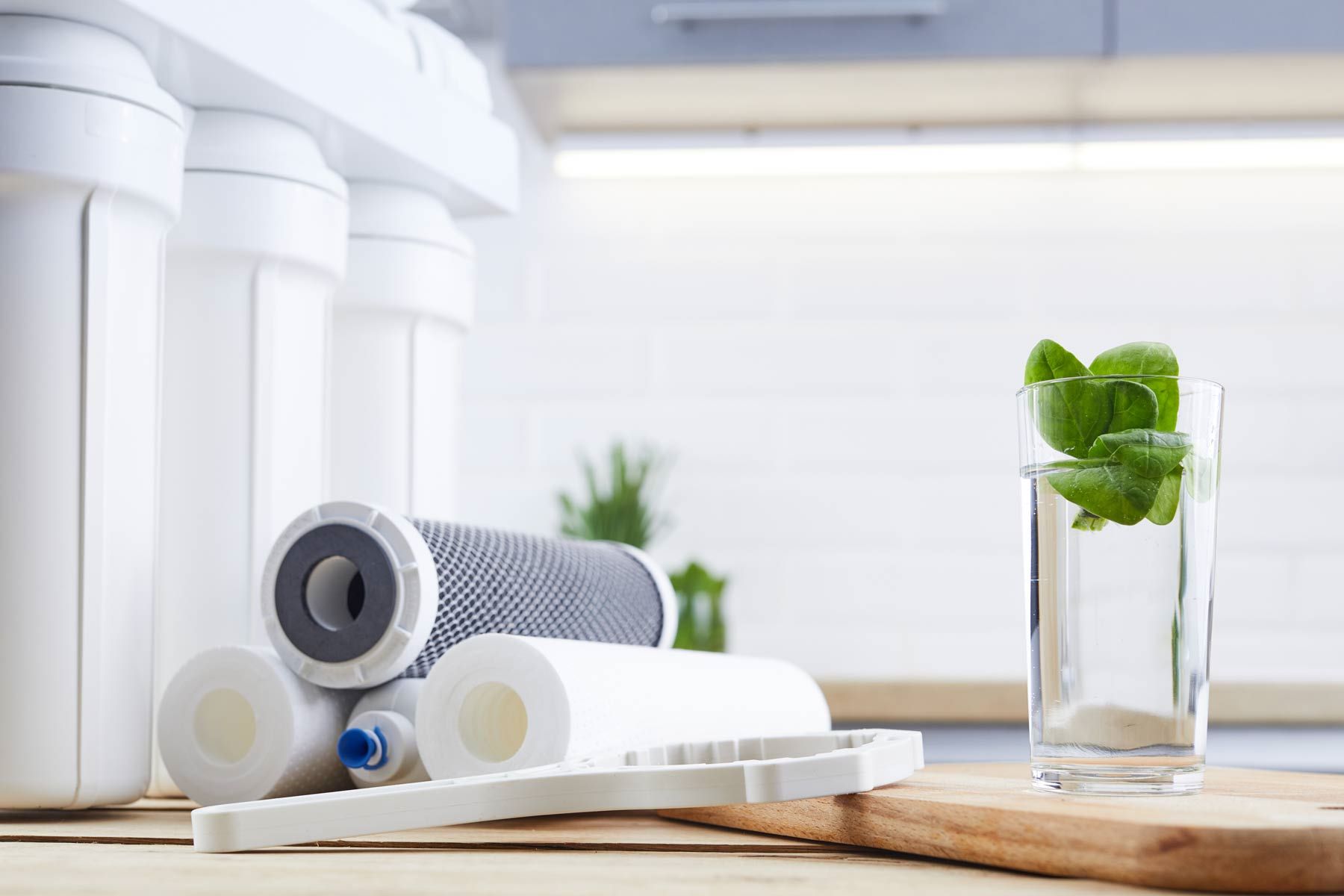
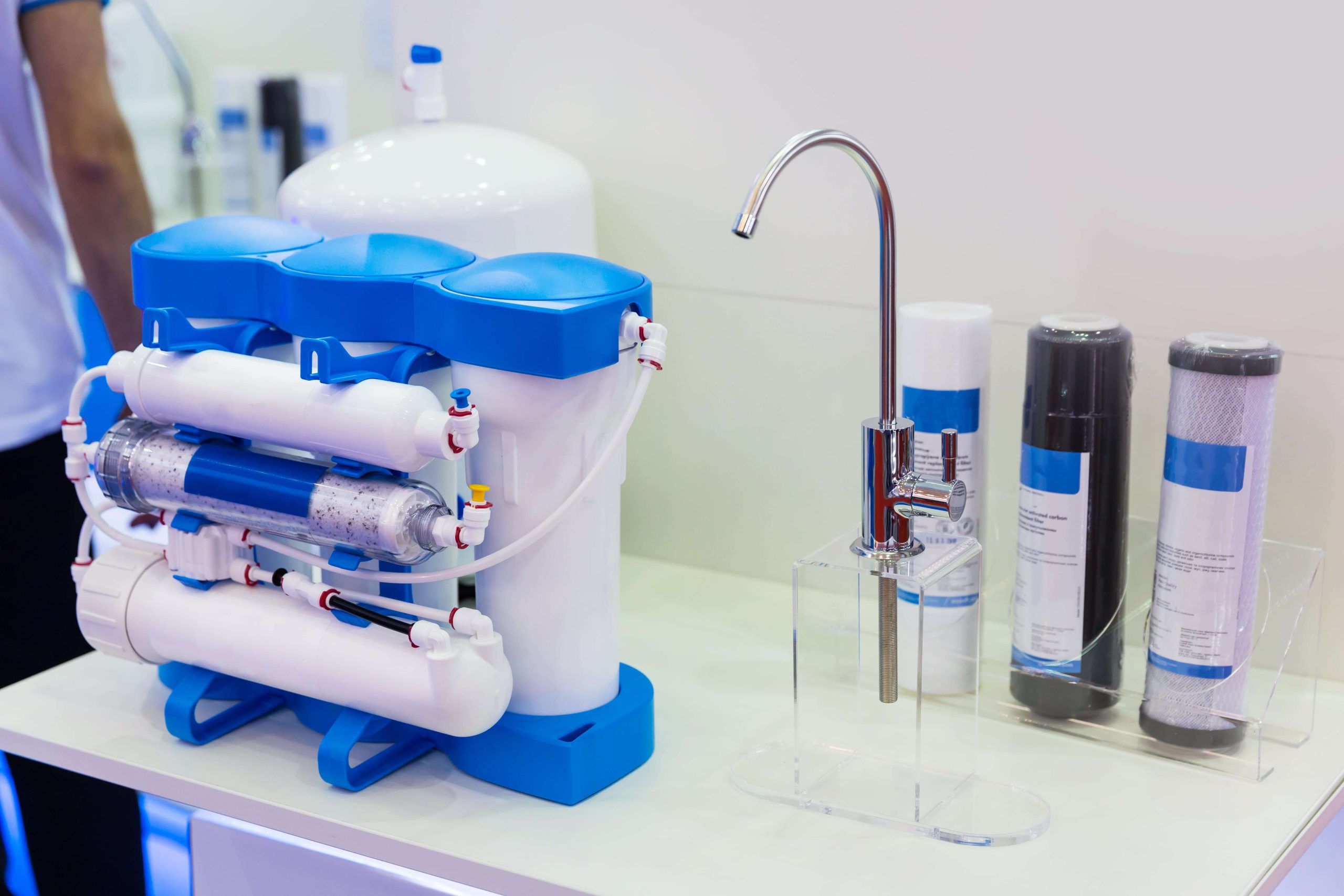
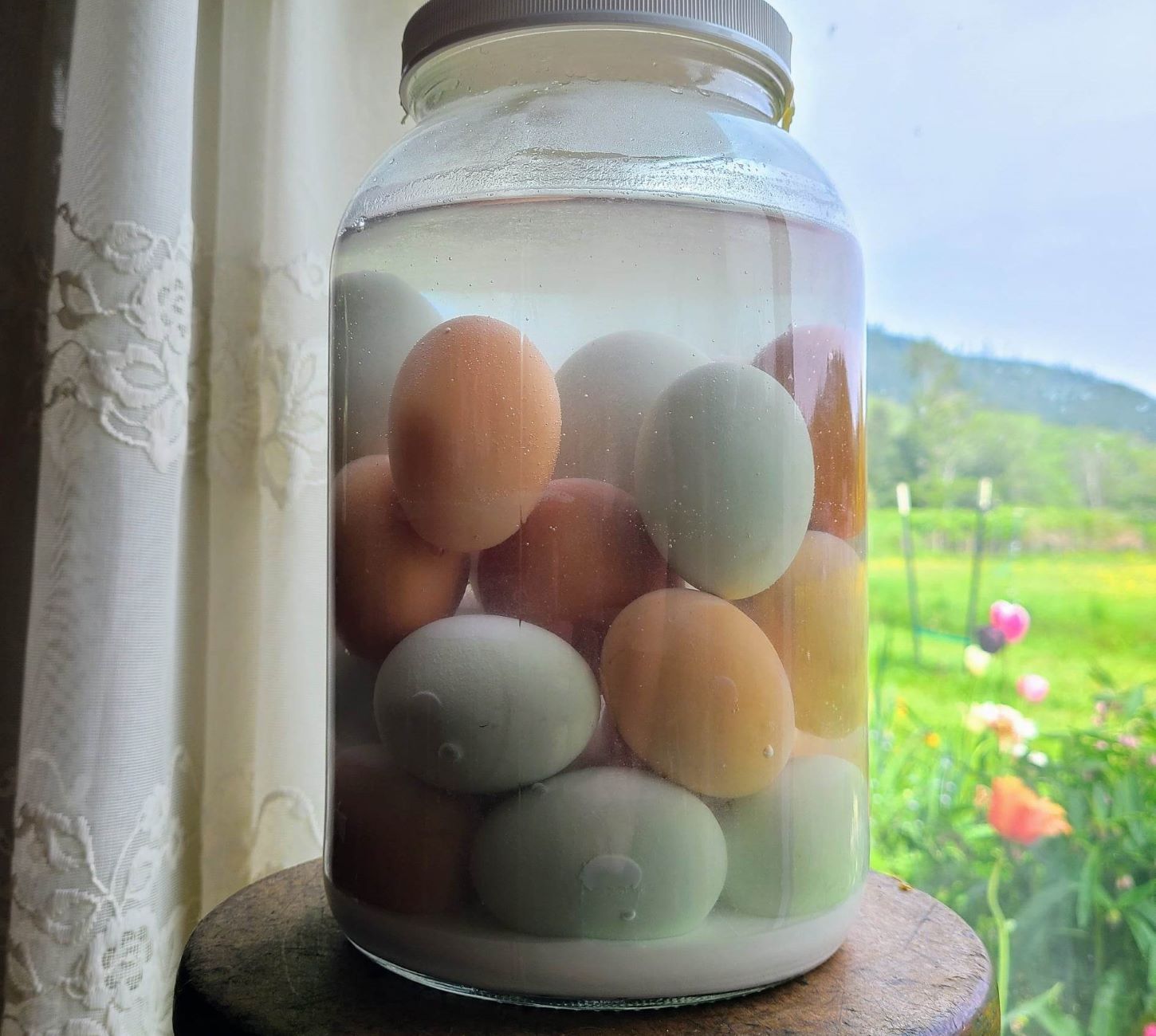
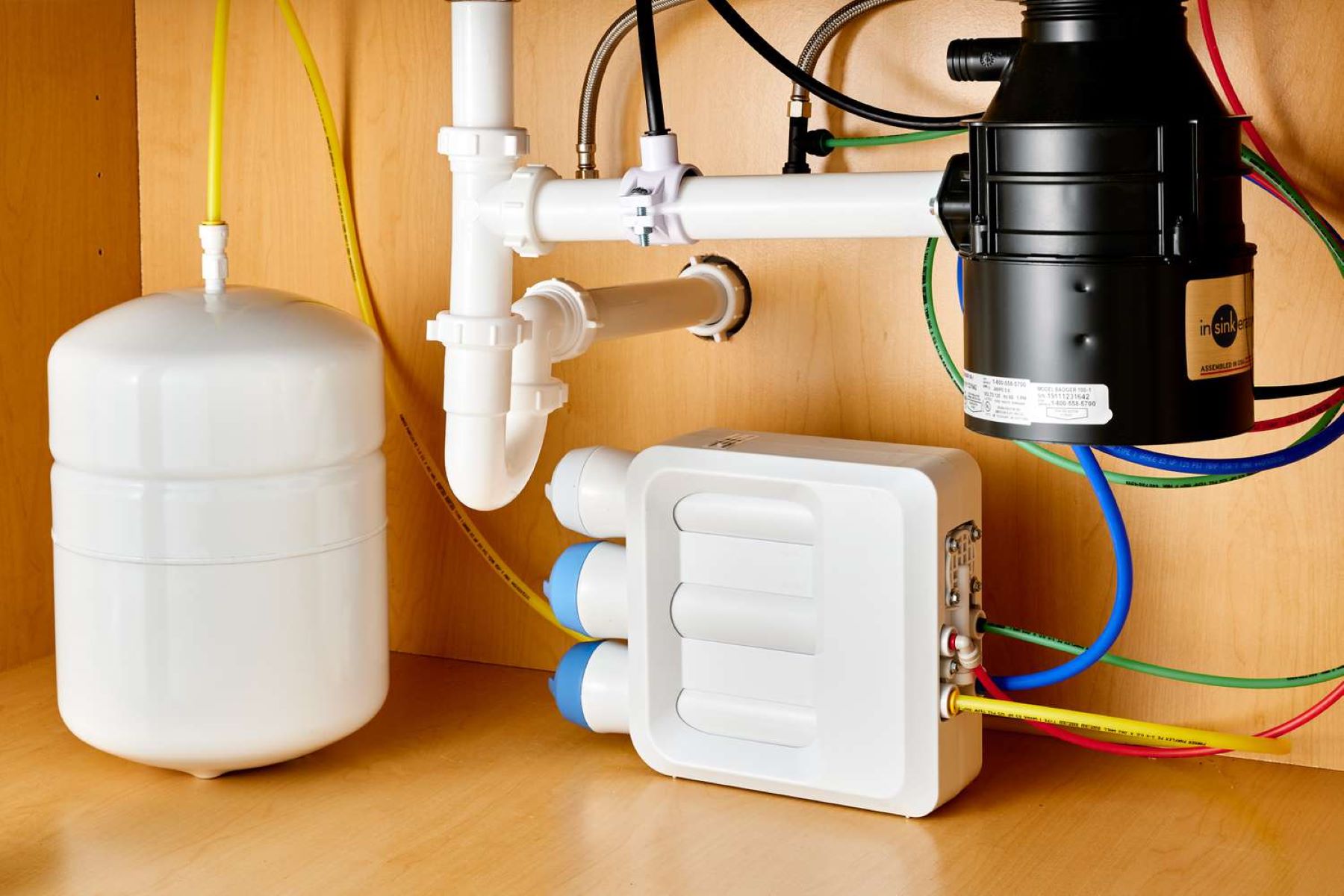
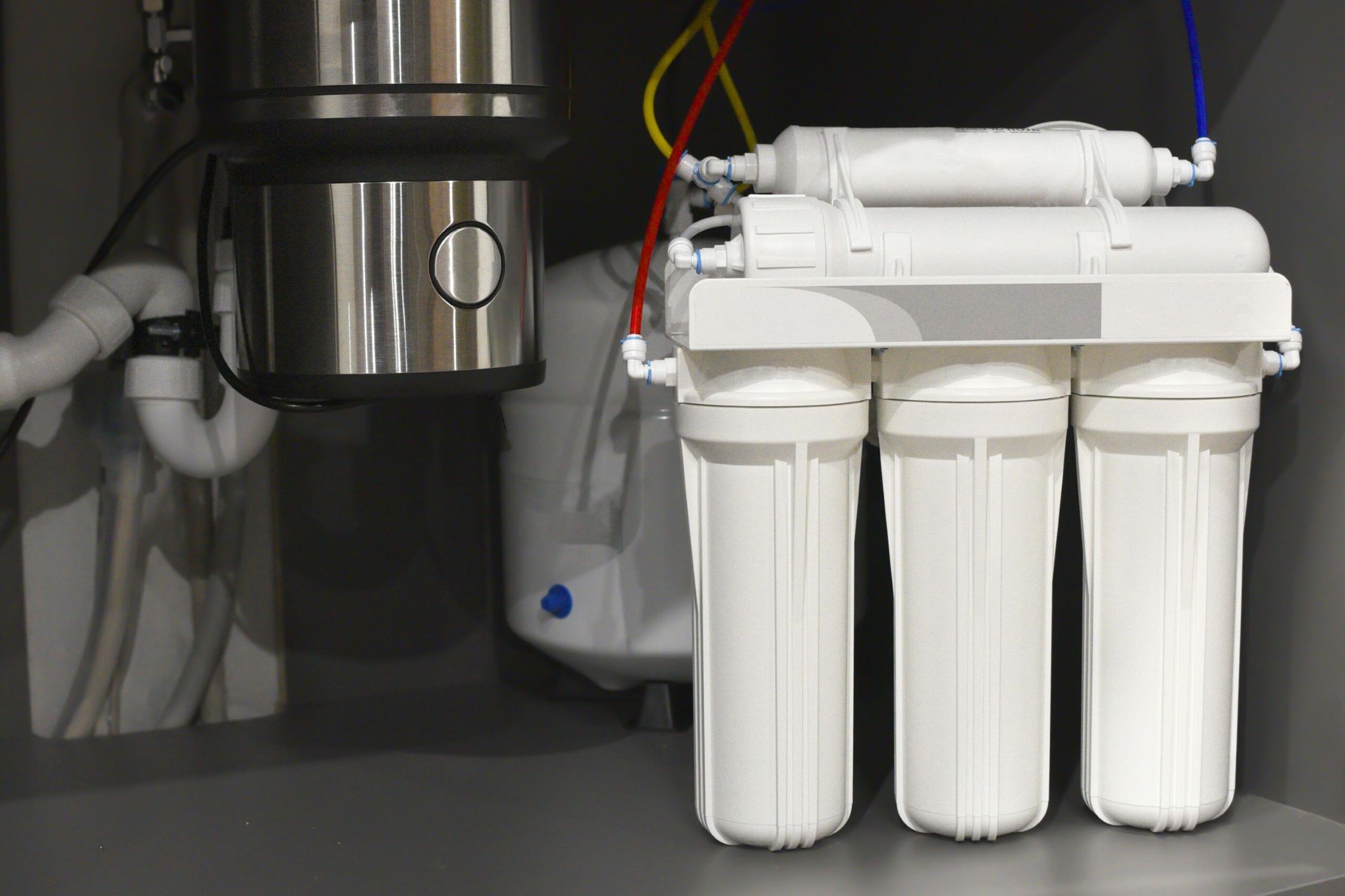
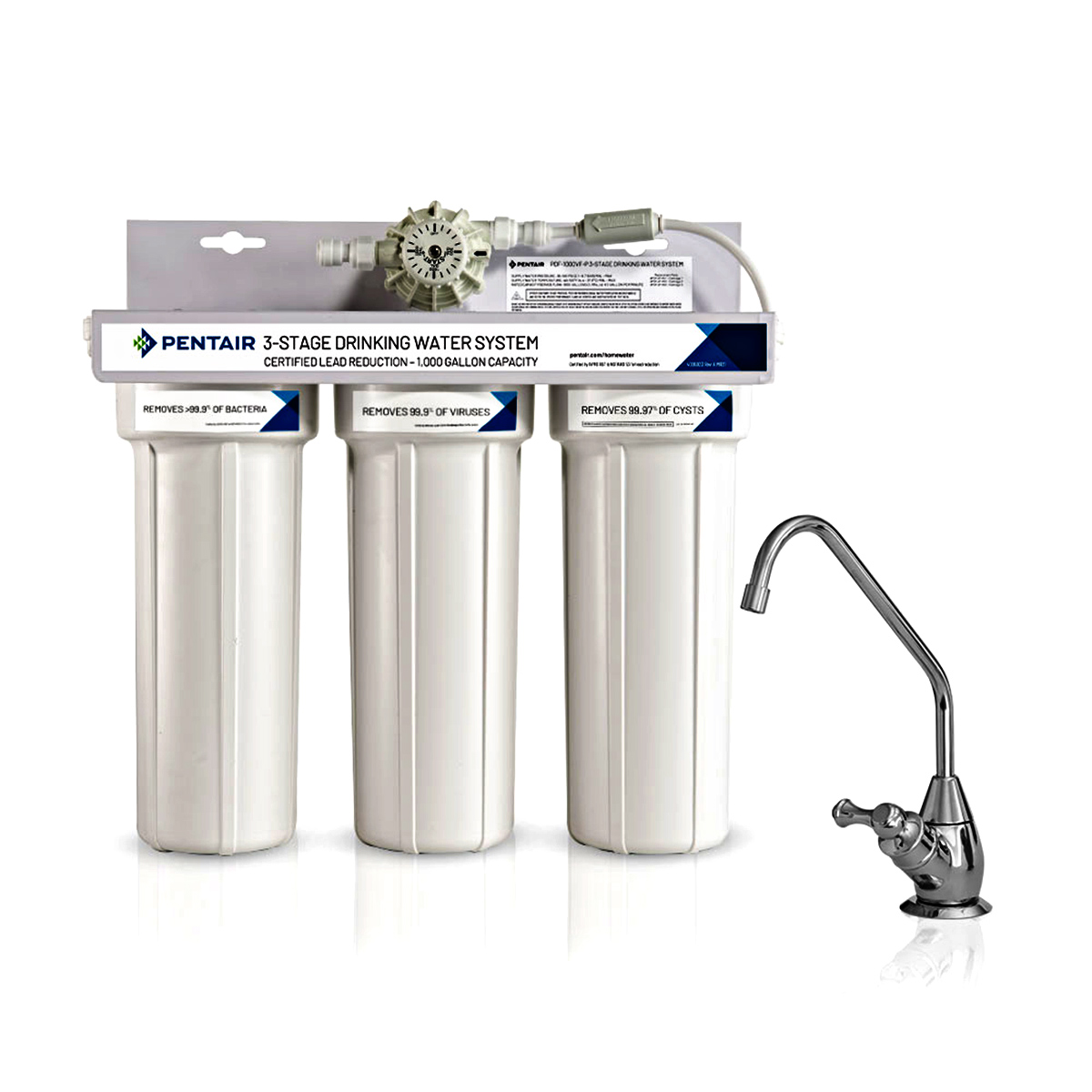
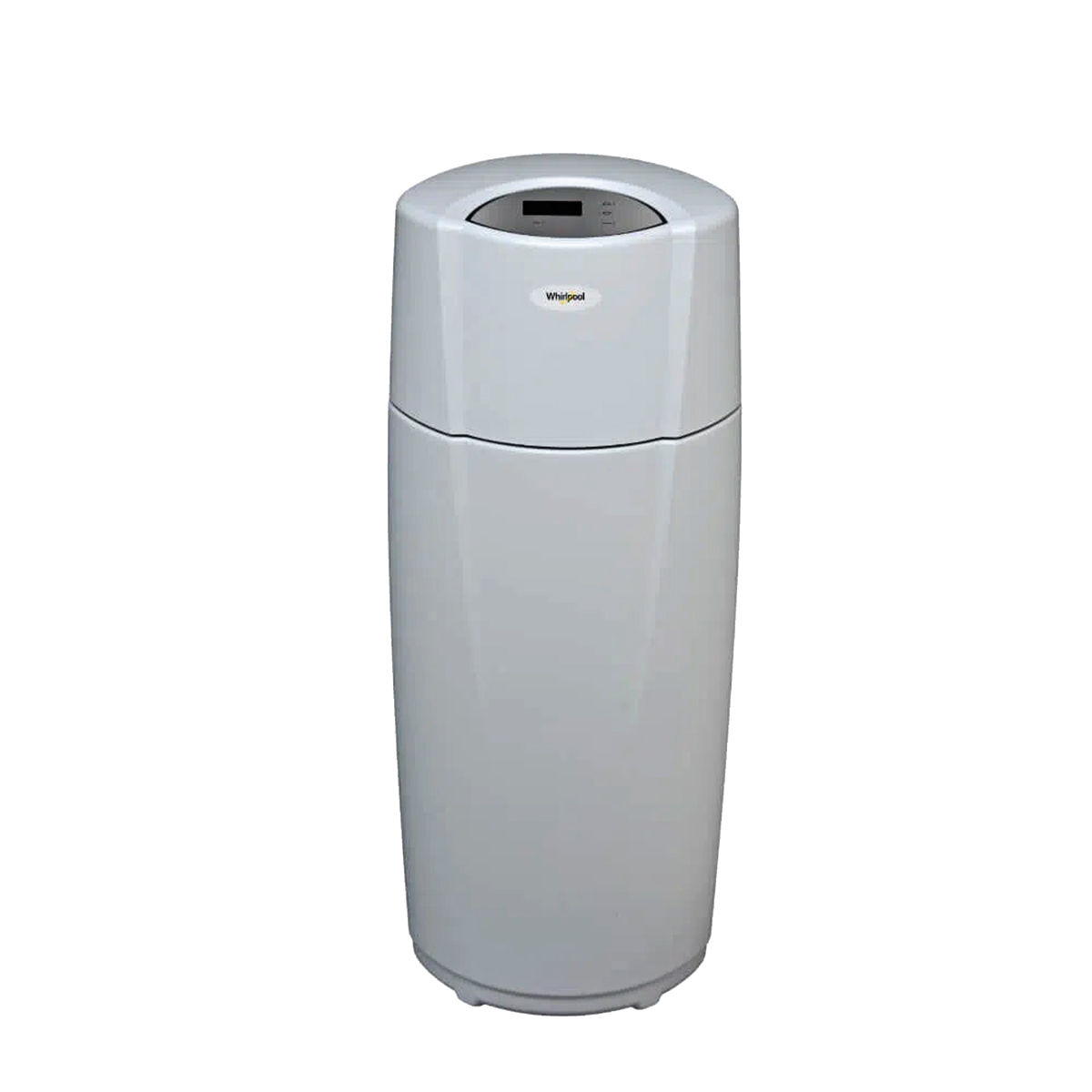
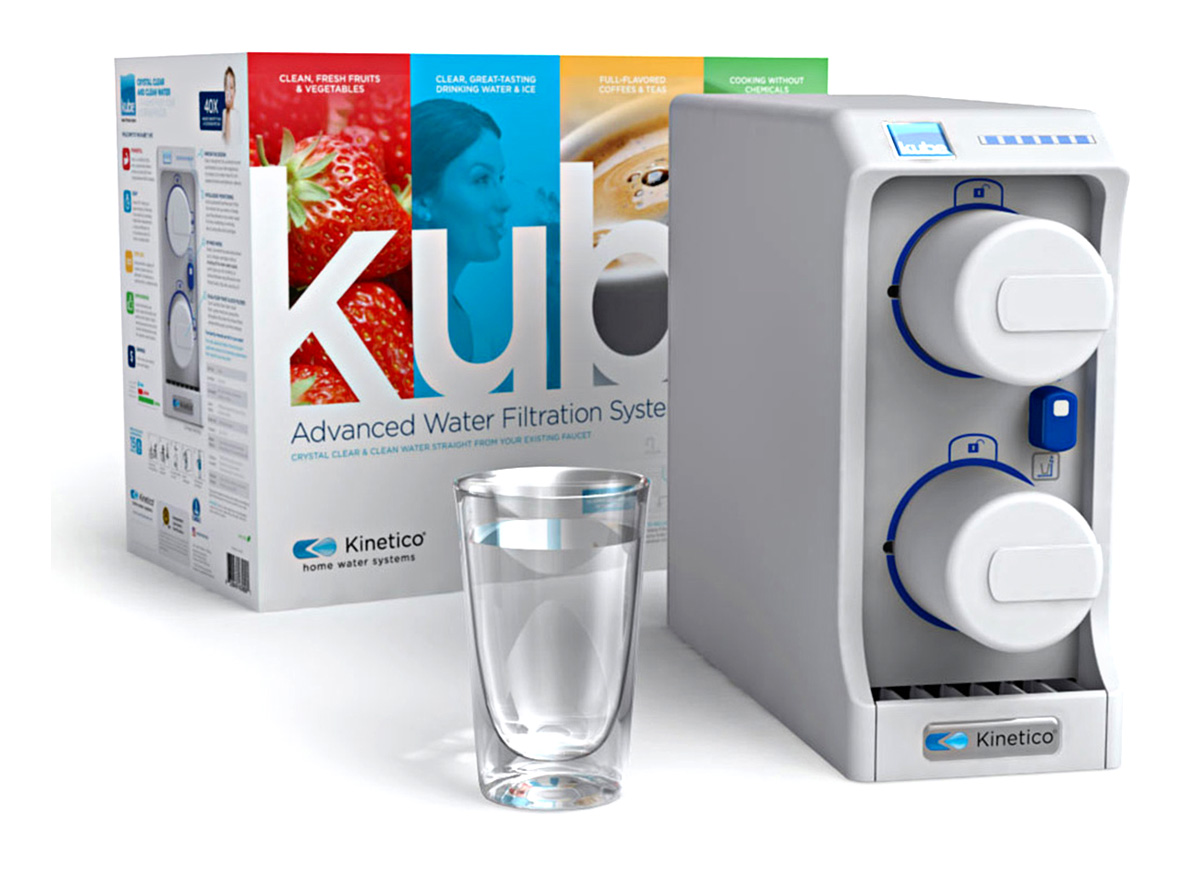
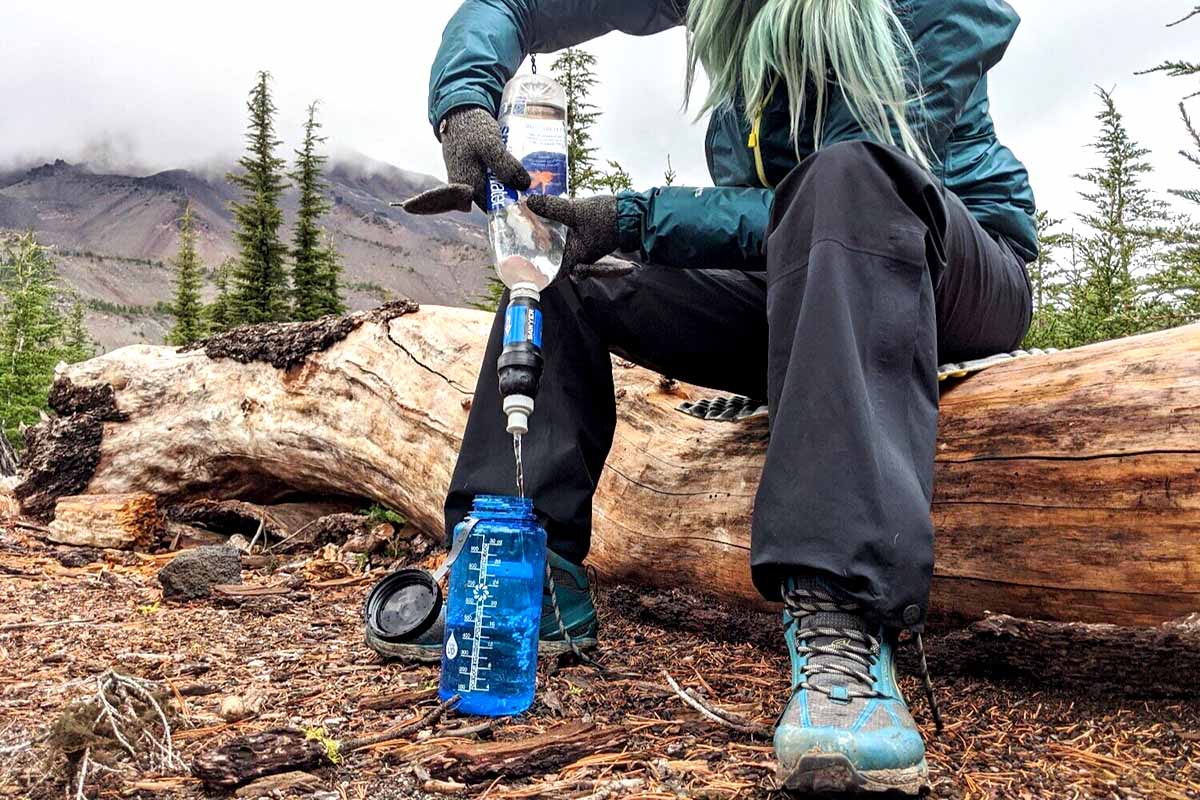
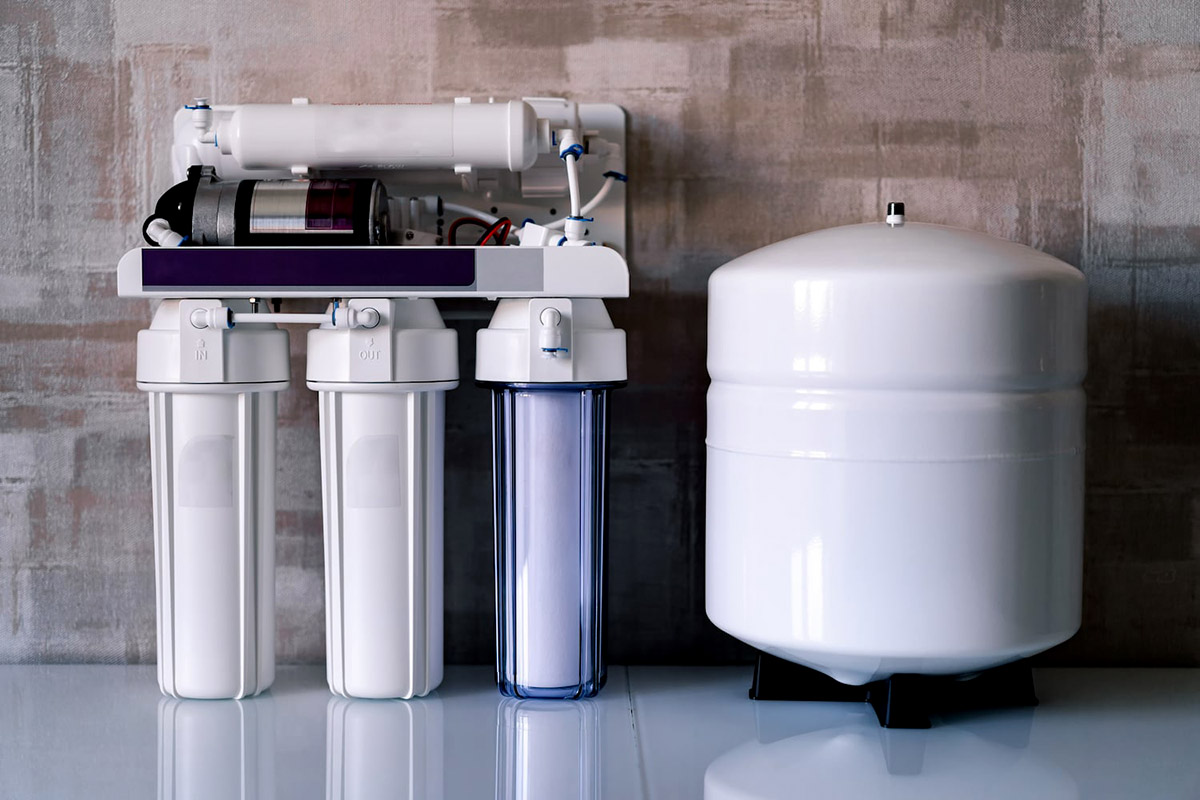
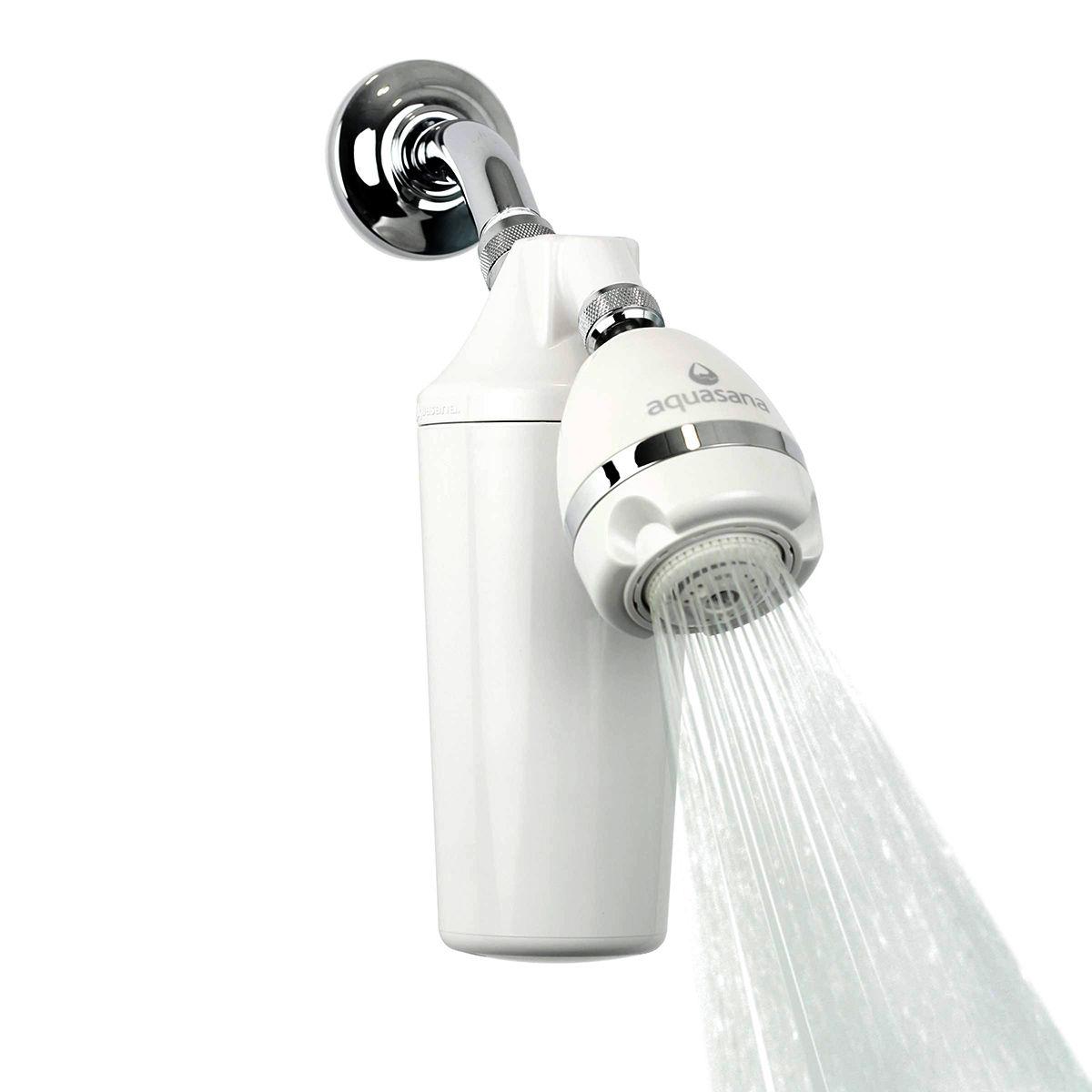




0 thoughts on “How Long Do Water Filtration Systems Last”